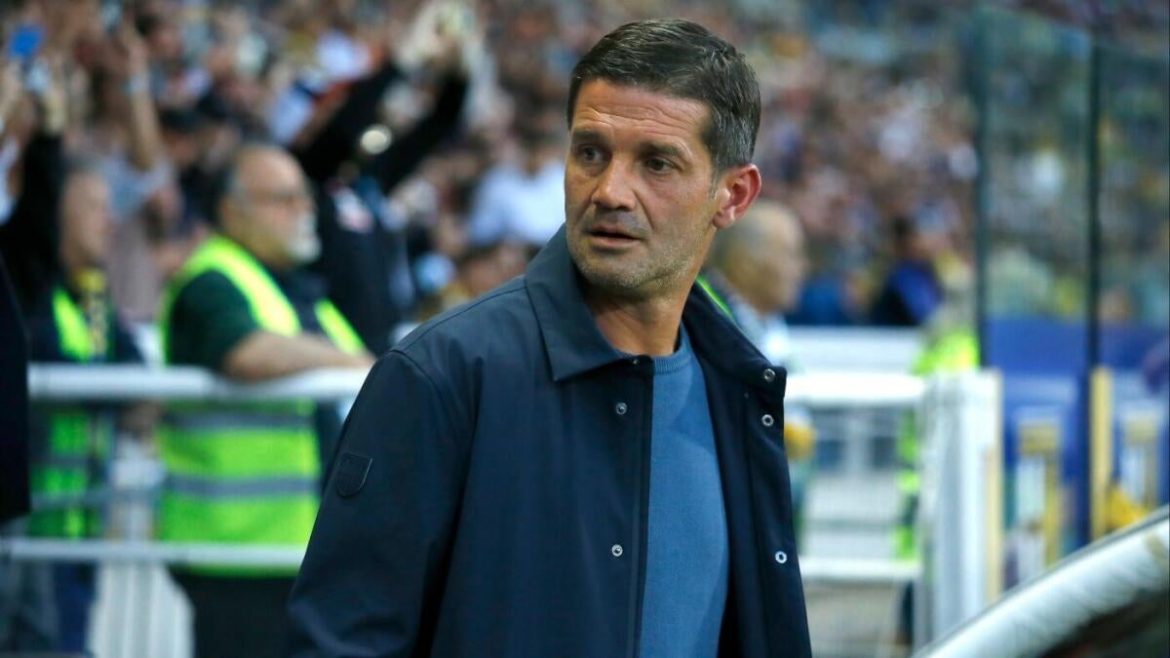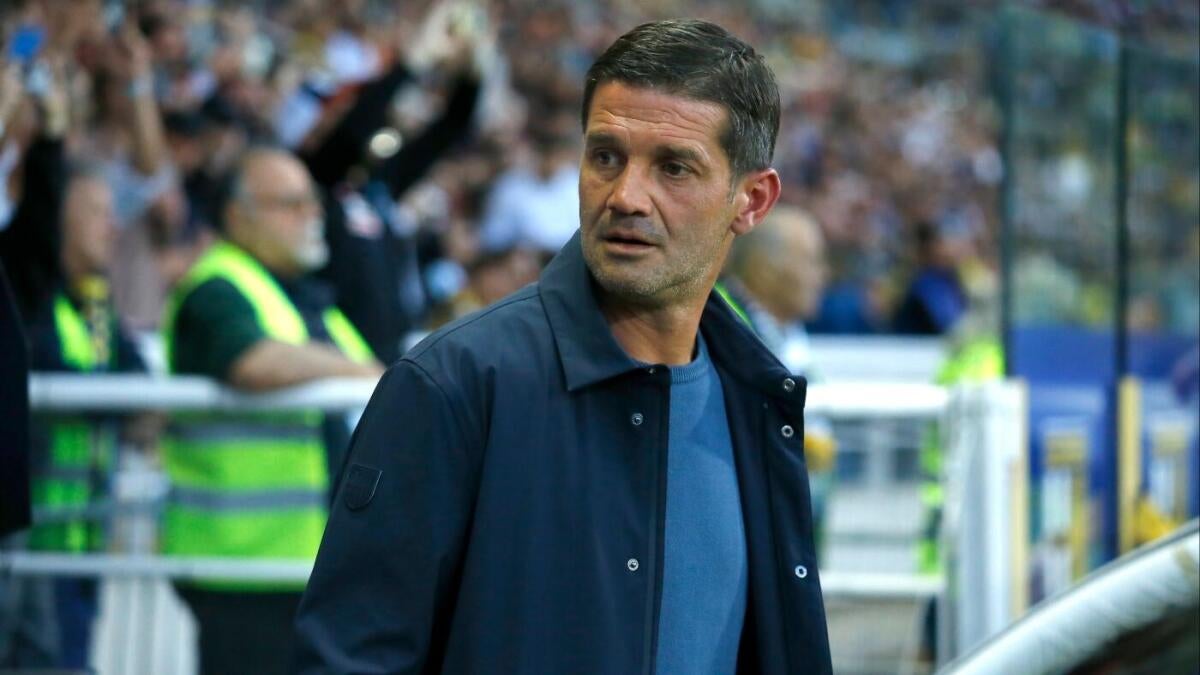Cristian Chivu’s Appointment as Inter Milan Head Coach: A New Chapter Unfolds
Inter Milan has ushered in a new era by appointing Cristian Chivu as the club’s head coach following Simone Inzaghi’s departure to Saudi Arabia’s Al-Hilal. This decision marks a significant moment in the club’s trajectory, combining a nod to legacy with strategic long-term vision.
Background: Transition of Leadership
Simone Inzaghi, who served four years as Inter Milan’s manager, recently left after a challenging final season that culminated in a heavy 5-0 loss to Paris Saint-Germain in the Champions League final and ended without any trophies. His exit opened the door for a new figure to steer the Nerazzurri forward.
Interest initially centered on Cesc Fàbregas as Inzaghi’s successor, a choice that promised star power and high-profile management credentials. However, negotiations with Fàbregas were rebuffed by Como’s president, forcing Inter to reconsider alternatives. This led the club to focus sharply on Cristian Chivu, who emerged as the preferred candidate for the role.
The Choice of Cristian Chivu
Cristian Chivu is a natural fit for Inter Milan; his history with the club as a former player, especially as a member of the 2010 Champions League-winning squad, provides him with an intrinsic understanding of the club’s culture and values. At 44 years old, Chivu brings freshness and familiarity—an amalgamation helpful for managing the expectations and pressures at San Siro.
His recent success in guiding Parma to Serie A safety in half a season added to his credibility as a capable tactician and leader, proving he can manage teams competently under pressure. His ability to rescue Parma underlines his potential to stabilize and evolve Inter’s squad.
Contract and Appointment Dynamics
Inter Milan and Chivu have reached an agreement on a two-year contract, underscoring the club’s confidence in his leadership for the medium term. The official announcement is timed ahead of the Club World Cup, signaling immediate faith in Chivu’s capability to lead the team through major competitions.
Key figures within Inter’s hierarchy, including executives Marotta and Ausilio, played pivotal roles in this appointment. Their strategic decision follows a careful evaluation of potential candidates and reflects a pragmatic approach to sustaining the club’s competitive edge.
Strategic Implications
Chivu’s appointment is emblematic of Inter’s commitment to continuity and internal strength rather than giving in to high-profile, potentially disruptive external options. His deep understanding of the club’s ethos could foster cohesion within the team and the broader club structure, which is crucial during transitional phases.
The decision also highlights Inter’s intent to build a coaching foundation that aligns closely with the club’s identity, integrating legacy, culture, and tactical innovation. Such an approach may help the club regain stability in Serie A and reinvigorate its ambitions in European competitions.
Looking Forward: Challenges and Opportunities
Chivu faces a challenging but promising road ahead. The team’s recent performances demand immediate improvements, necessitating keen tactical acumen and player management skills. His ability to translate playing experience into effective coaching strategies will be closely scrutinized.
Furthermore, managing the expectations of Inter’s passionate fanbase and delivering tangible success in domestic and international tournaments will be critical benchmarks for his tenure.
Conclusion: A Vote of Confidence and Hope
Inter Milan’s choice of Cristian Chivu as head coach signals a thoughtful blend of heritage and future-driven strategy. By entrusting the reins to a club legend with recent managerial success, Inter aims to navigate its transitional phase with steady leadership and renewed ambition. If Chivu leverages his understanding of the club and demonstrates tactical ingenuity, he could spearhead a vibrant new chapter for the Nerazzurri, reuniting history and progress at one of football’s iconic institutions.





